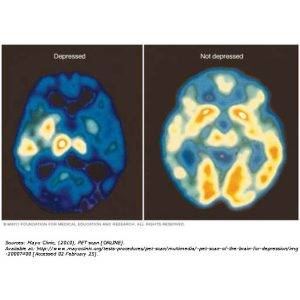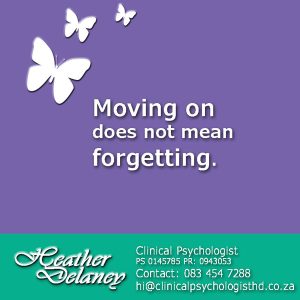PTSD stands for Post-Traumatic Stress Disorder and is a mental health condition that can develop in individuals who have experienced or witnessed a traumatic or life-threatening event. It can affect people from all walks of life and is often associated with events such as combat, natural disasters, physical or sexual assault, accidents, or any other situation that overwhelms a person’s ability to cope and causes intense fear, helplessness, or horror.
PTSD is characterised by a range of symptoms, including:
- Intrusive memories: Recurrent and distressing thoughts, nightmares, or flashbacks related to the traumatic event.
- Avoidance: Efforts to avoid reminders of the trauma, including avoiding people, places, or situations associated with the event.
- Negative changes in thoughts and mood: Persistent negative emotions, feelings of guilt or shame, diminished interest in activities, and a sense of detachment from others.
- Changes in arousal and reactivity: This can include being easily startled, having difficulty sleeping, experiencing irritability, anger, or concentration problems.
PTSD can significantly impact a person’s daily life, relationships, and well-being. It can occur shortly after the traumatic event or develop months or even years later. If you or someone you know is experiencing symptoms of PTSD, it’s essential to seek help from a mental health professional.
Treating post-traumatic stress disorder (PTSD) is a multifaceted process that typically involves a combination of therapeutic approaches and support. The primary modalities for treating PTSD include psychotherapy, medication, or a combination of both. Cognitive-behavioral therapy (CBT) is a common and effective therapeutic approach that helps individuals reframe their thoughts and behaviors related to traumatic experiences. Exposure therapy, a subset of CBT, can also be beneficial by gradually helping the individual confront and process their traumatic memories. Medications, such as antidepressants or anti-anxiety drugs, may be prescribed to alleviate some of the symptoms associated with PTSD, like depression and anxiety. Additionally, building a strong support network, practicing self-care, and learning stress management techniques can all contribute to the healing process. Tailoring the treatment to the individual’s specific needs and experiences is key to promoting recovery and resilience in those with PTSD.



